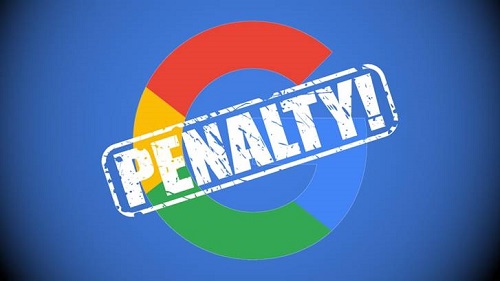Google Link Spam Update 2021
Google ran a worldwide core update in June and July consecutively. Among the updates that were concluded was their Link Spam Update. Google runs these core updates to improve the overall
user experience of its platform. We go through how to avoid link spamming and the importance of adhering to their rules.
What is Link Spam?
Link Spam refers to the posting of out-of-context links on websites, blogs, discussion forums, and on any other online platform where users can engage with the content. The objective of link spam is to increase the number of external links that lead to sites that a spammer wants to promote. The main reason for this is that links increase the rank of a page and improves its position on search engine results pages (SERPS).
What Do We Need to Know?
Google recently announced a new algorithm update known as the “link spam update”. Google aims to nullify a site’s ranking advantage especially for links that seem manipulative and unnatural. Google’s purpose is to improve the quality of search results on search engines. This means that all sites that are heavy with link spamming will experience changes in search results as links are re-assessed by the new algorithm update.

Targeted Sites
Google’s link spam update affects three particular kinds of sites. These are affiliate links, Guest blog posts, and sponsored content. Google knows that the above sites are common ways for sites to make money.
Affiliate links are sites take participate in affiliate programs. These should be mentioned with a rel”sponsored”. All the links can either be created manually or dynamically. Sponsored links are posts that are ad placements or advertising content. These must be marked up with a rel=”sponsored” value. Guest posts need to be marked with a rel=”nofollow” value.
This is done as part of an ongoing effort on Google’s part to improve the ranking for product and service-related searches, the related searches, and the rewarding of high-quality content. Failure to comply with these may result in manual or algorithmic actions being taken against a site. Both of these affect how Google views a site in searches so it’s best to avoid such action being taken against your site where possible.
Actions/Penalties
A manual action/penalty as a result of a human decision. Google’s “Quality Team” decides whether to apply a penalty to a website that has broken the rules. It is possible for some of the penalties that are picked up as manual to be AI-based. These are normally from the use of backlinks or from questionable net linking strategies which Google is strict on.
How to Avoid Them
Google penalties can be avoided through the following ways:
- Monitor changes in the search engine results pages (SERP): ranking factors and the way search results are displayed constantly evolve. Increasing the monitoring of SERP can help you gauge what is happening with your site.
- Analyze statistical anomalies: using different tools such as Google Analytics and Ahrefs can help assess different issues and pick up abnormalities on your site.
- Focus on quality content: ensuring that your content is easy on the eye and navigable for users is paramount. Through the use of tools such as Rich Snippets, you can improve the quality of your content.
- Avoid risky behavior: avoid falling into Google’s Black Hat SEO category – an SEO practice that rebels against Google’s guidelines. If you are already battling penalties, the last thing you want is to be blacklisted and unindexed by Google.


